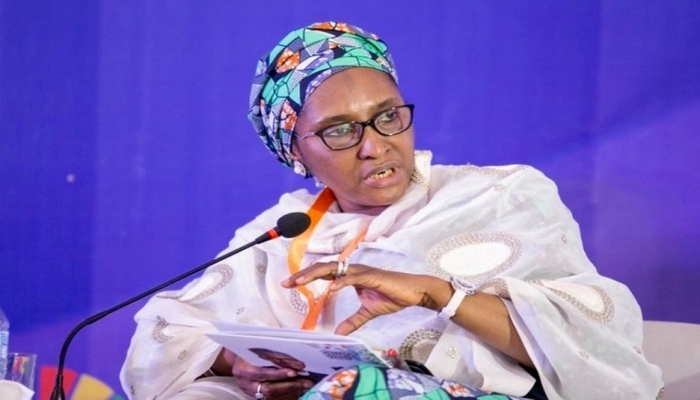
The International Monetary Fund (IMF) on Wednesday maintained its 2022 growth forecast for Nigeria at 3 per cent for 2022 and projected 3.2 per cent growth rate for 2023, saying the economy has recouped output losses sustained during the COVID pandemic, bolstered by favourable oil prices and domestic consumption.
According to the international body, “Nigeria’s economy has recouped the output losses sustained during the COVID-19 pandemic supported by favorable oil prices and buoyant consumption activities. Gross domestic product (GDP) adjusted for inflation has already reached its pre-crisis level and the third quarter of 2022 marked the eighth consecutive quarter of positive growth—despite continued challenges in the oil sector.
“Growth is estimated at 3 percent for 2022,” the Fund said in its Executive Board Concludes 2022 Article IV Consultation with Nigeria.
The Fund’s economic outlook for 2023 was better than the 2.9 per cent projected by the World bank for Nigeria.
The World Bank last month said Nigeria’s economic growth is expected to decline to 2.9 per cent in 2023 and sustain the same pace in the following year.
“In Nigeria, growth is projected to decelerate to 2.9 percent in 2023 and remain at that pace in 2024—barely above population growth.
“A growth momentum in the non-oil sector is likely to be restrained by continued weakness in the oil sector,” the World Bank said in its report.
Also, the Central Bank of Nigeria (CBN) on it part projected the Nigerian economy to grow by 2.88 percent this year.
While speaking at the end of the last Monetary Policy Committee (MPC) meeting, the CBN governor, Godwin Emefiele said “the economy is forecast to grow in 2023 by 2.88 percent by the CBN estimate.”
The CBN economic growth estimate was also far below the ambitious 3.7 percent projection by the federal government in its fiscal policy for the year.
The Finance and Budget Minister, Mrs Zainab Ahmed has put the country’s economic growth projection at 3.75 percent for the year.
Ahmed stated that real GDP is projected to be 3.75 percent in 2023, compared to 4.47 percent projected in the medium-term development plan.
In its report, released on Wednesday, the IMF said; “Notwithstanding the authorities’ success in containing and managing the COVID-19 infections, socio-economic conditions remain difficult.
“The spillover effects of the war in Ukraine, which have been transmitted mainly through higher domestic food prices, worsened the scarring effects of the pandemic, particularly on the most vulnerable—with Nigeria being among the countries with the lowest food security.
“The near-term outlook faces downside risks, while there are upside risks in the medium term. Higher international food and fertilizer prices and continued widening of the parallel market premium could culminate in the de-anchoring of inflation expectations.
“The oil sector faces downside risks from possible production and price volatility, while climate-related natural disasters (e.g., floods) pose the same risks to agricultural production. Further widening in sovereign premia could increase debt servicing costs.
“In the medium term, there are upside risks from a potential stronger reform momentum and a larger-than-expected rebound in oil and gas production.”






